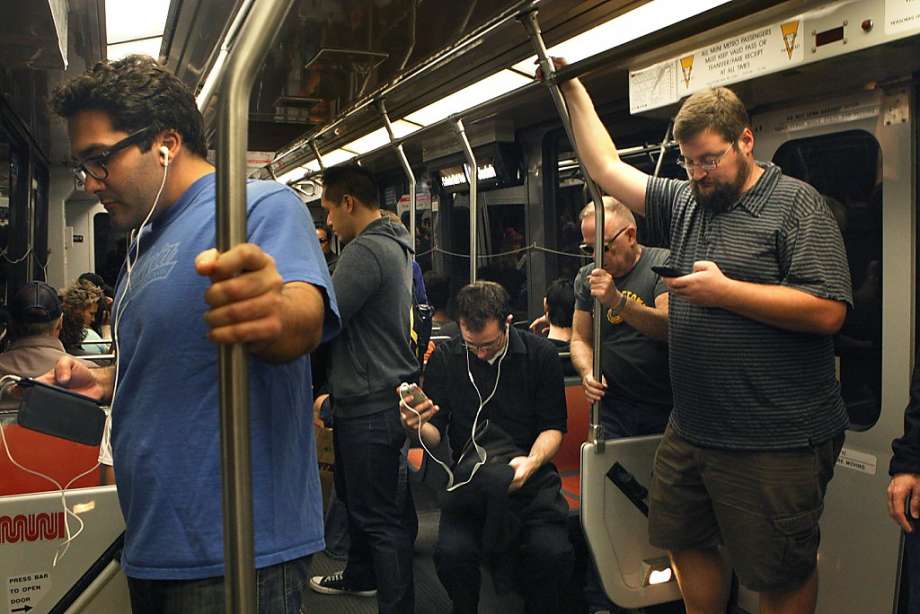A growing number of kids around the world are being seriously injured or even dying, often within eyesight or earshot of their parents. The problem: mom are dad are too absorbed in their digital screens to notice.
Talk about your ironies. At a time when so much of the adult world is fretting about the many ways smartphones may be harming kids, digitally distracted parents are endangering their kids.
A recent study revealed that roughly half of parents talk on the phone while driving their kids, ages 4 thru 10; one-third admit to texting while behind the wheel; and one in seven use social media. Given that distracted driving is responsible for at least 25% of car crashes and that mobile phones are increasingly deemed the culprits behind those distractions, parents are placing their children at enormous risk for no better reason than to check their Instagram feed or text a friend.
Drowning, one of the leading causes of accidental death in children, has become a particular sore point for safety experts, because in their estimation, too many parents are treating swimming pools as daycares and not paying attention to their kids once they’re in or near the water.
So significant is the problem that the 40,000-member German Lifeguard Association (DLRG) – which also happens to be the largest of its kind in the world – recently issued a stern warning to parents: “When your children and grandchildren are in the water, put your smartphone away.”
When your children and grandchildren are in the water, put your smartphone away.
More than 300 people have drowned in Germany this year, including the drowning deaths of six kids over a single 24-hour period. In Abu Dhabi, authorities issued a similar warning about smartphones after two children, ages 1 and 4, drowned within a week of each other.
Drowning: The Silent Killer
In the U.S. a years-long decrease in accidents involving young kids has reversed course, and many experts are pointing to a corresponding increase in smartphone usage as a reason for the increase.
Consider, for example, that fully half of parents freely admit (translation: probably grossly underestimated) to using their mobile phones while driving their kids, including one-third who read text messages and one-in-seven who surf social media. Researchers also found a correlation with other risky behavior, including driving under the influence of alcohol and not wearing seatbelts.
Drowning is of particular concern to safety experts who are nervous about distracted parenting, because it can happen very quickly and with little to no noise. A grim case in point: a Texas mother who, seated poolside, became so absorbed in texting she failed to observe three of her five children wade into the deep end of the pool and drown.
“I don’t think parents understand how quickly and quietly drowning occurs,” said Sharon Evans, outreach coordinator for Trauma Injury Prevention at Cook Children’s Medical Center. “There is no thrashing, no yelling for help. The drowning child is just trying to push down on the water to get their head above the surface to gasp a breath of air.”
I don’t think parents understand how quickly and quietly drowning occurs.
Smartphones are Tuning Us Out
Ira Hyman, a professor atWestern Washington University who specializes in human memory and cognition, told The Wall Street Journal that smartphones are especially distracting to humans, but that he and other researchers aren’t yet entirely clear why.
“What mobile technologies do is essentially remove you from the situation,” said Hyman, meaning that someone can be so absorbed in the device that he or she misses events transpiring directly in front of them.

Perhaps the most famous example of this occurred on a San Francisco light rail train, when a man repeatedly wielded a handgun that anyone could have seen – if, that is, they’d looked up from their phones. Only when the man shot and killed a college student did the passengers notice the man and his weapon.
San Francisco District Attorney George Gascon, said surrounding passengers easily could have seen the gunman and his weapon, had they not been engrossed in their digital devices. “They were completely oblivious of their surroundings.”
Now picture a similarly distracted parent or caregiver, this time tasked with watching a child who quietly and quickly slips into nearby water.
Authorities have had a difficult time determining the exact degree to which distracted parenting has contributed to children’s accidents and deaths. In many cases when accidents or tragedies do occur, the parent either refuses to acknowledge being distracted by a smartphone, or underestimates the degree to which they were distracted.
In the past, parents and grandparents spent more time with their children in the swimming pool.
In a case involving a woman watching a friend’s 2-year-old child at the Foxwood Resort Casino, she told police she looked away for no more than 20 seconds during which time the child fell into the pool and sank to the bottom. But security video showed she’d actually been distracted by her phone for more than three minutes. Fortunately, she was able to pull the non-responsive child from the pool and rescuers saved his life.

Regardless of how or why or even if smartphones are distracting us more than ever, the message from safety experts is simple: when an adult is tasked with safeguarding a child’s wellbeing, put away the screens and pay attention.
“In the past, parents and grandparents spent more time with their children in the swimming pool,” said Peter Harzheim of the German federation of swimming pool supervisors. “But increasing numbers of parents are fixated by their smartphones and are not looking left or right, let alone paying attention to their children.”
